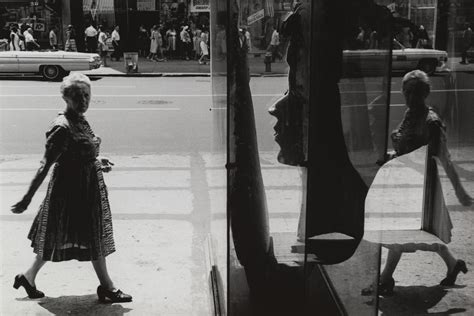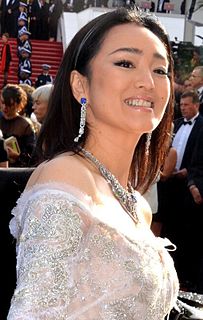A Quote by Pipilotti Rist
Sexuality, eroticism and desire are important for all of us. But that is also the contradiction. How can we speak about pictures and, for example, say no to this way of representing a woman's body? It's also a camera-and-object problem, of who is really guiding the camera.
Related Quotes
Making photos is helpful of course to master the craft. To get comfortable with the camera. Learn what a camera can do and how to use the camera successfully. Doing exercises for example if you try to find out things that the camera can do that the eye cannot do. So that you have a tool that will do what you need to be done. But then once you have mastered the craft the most important thing is to determine why you want to shoot pictures and what you want to shoot pictures of. That's where the thematic issue comes to life.
The camera has a mind of its own--its own point of view. Then the human bearer of time stumbles into the camera's gaze--the camera's domain of pristine space hitherto untraversed is now contaminated by human temporality. Intrusion occurs, but the camera remains transfixed by its object. It doesn't care. The camera has no human fears.
I think the equipment you use has a real, visible influence on the character of your photography. You're going to work differently, and make different kinds of pictures, if you have to set up a view camera on a tripod than if you're Lee Friedlander with handheld 35 mm rangefinder. But fundamentally, vision is not about which camera or how many megapixels you have, it's about what you find important. It's all about ideas.
Sexuality is so much more complex than our boobs. My sexuality isn't me as an object to be looked at. It's the way I say "hello" to somebody, the way I sit with somebody. A body is just a body. But we're really afraid of bodies. They hold a lot of power - I think that's why people can try to shame them so easily, because they are so powerful.
Of course, you can never watch something like somebody else watches something like you, but nonetheless, you have to try. So I think on camera you learn a lot about how much the camera does for you, which is what is the great luxury of movie acting. Or acting whether it's TV or movies or whatever it is, that the camera's really such a gift because there's so much that it sees and does if you're willing to just be open and expose yourself and all of that. So you also learn what doesn't matter. And sometimes when you think about things, you think things matter that don't matter.
So many women now in China are entering the workforce and also taking up very important positions CEOs, for example. The problem for many such women now is how to balance all the different kind of responsibilities that they take on and that they want to take up. They have to balance family and work and maybe kids. Chinese woman really have a strong desire to do that. They want to grab a hold of all these things. They are willing and able. But there is the challenge of how to keep the balance.








































